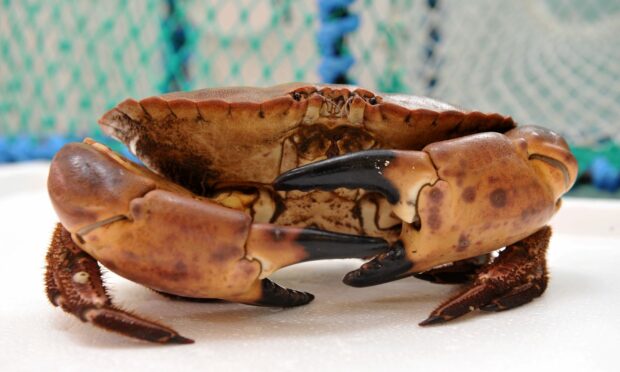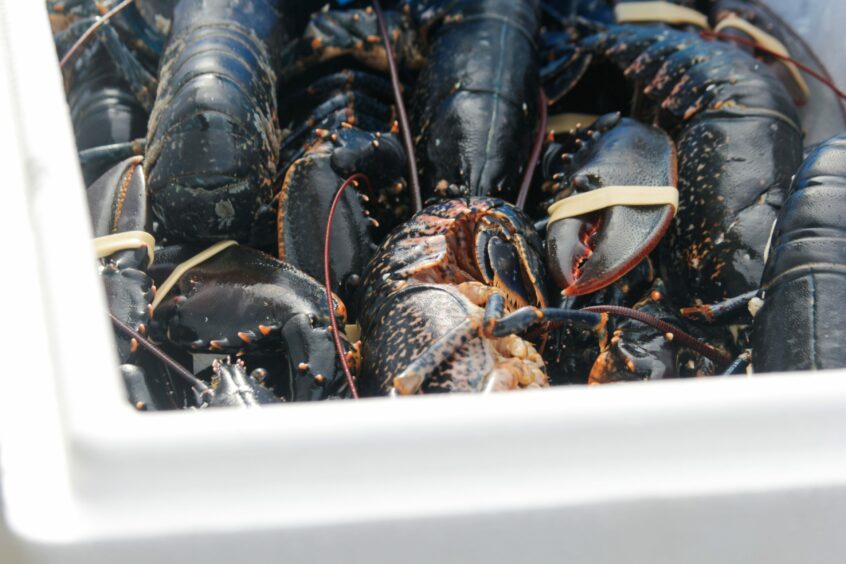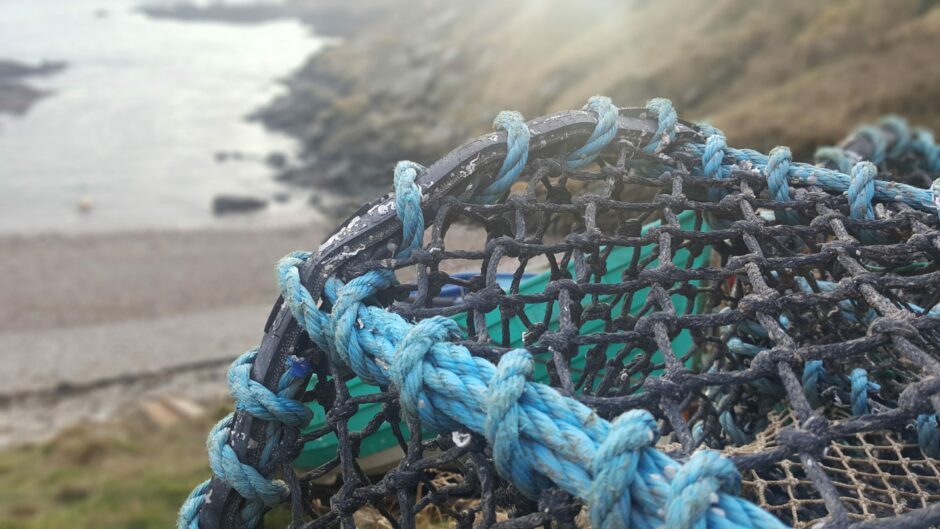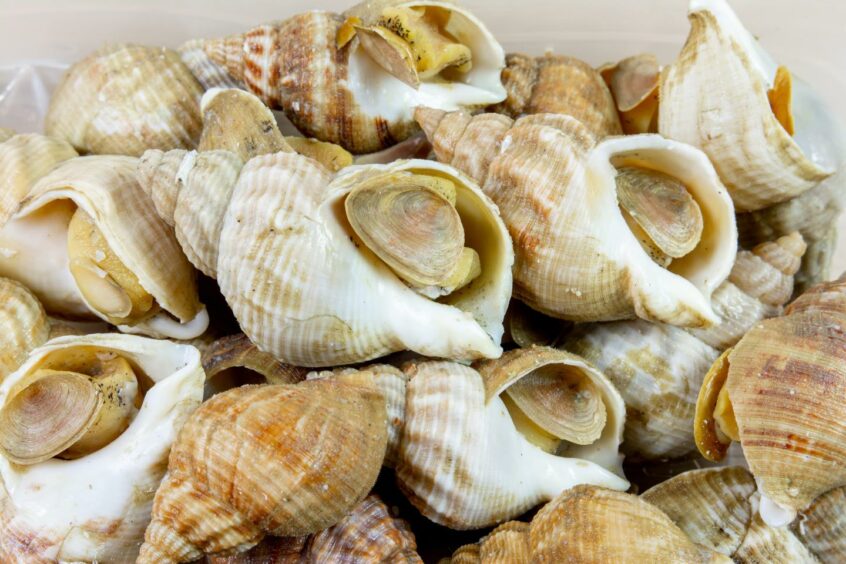Orkney crabs and lobsters are to get the Big Brother treatment in a near-£300,000 UK Government-funded surveillance project.
It will see creel-mounted cameras used in fisheries in Holderness, Orkney, and the Isle of Man.
The cameras will record crustacean presence in the vicinity of creels to aid stock assessments and de-couple the link between catch statistics and abundance estimates.
It is hoped it will deliver a more accurate picture of crab and lobster population size.
Holderness Fishing Industry Group (HFIG), Orkney Sustainable Fisheries, the Centre for Environment, Fisheries and Aquaculture, Heriot Watt University and Bangor University have teamed up for the initiative.
The funding has been awarded through the Fisheries Industry Science Partnerships (FISP) scheme, established to strengthen relations between industry and research organisations to promote world-class fisheries management.
£1.4m paid out in grants
A total of eight innovative projects expected to help the UK fishing industry to be more productive and sustainable have been awarded a share of £1.4 million, the UK Government has announced.
The grants are part of the £24m earmarked from the £100m UK Seafood Fund specifically for science and innovation projects – to invest in new technology, trial new gear and support world-class research.
Fisheries Minister Victoria Prentis said: “I am pleased to see the £100m UK Seafood Fund in action, backing the impressive wealth of talent and innovation in our fishing industry.
“A sustainable fishing industry is essential if we are to ensure we have a healthy, thriving marine environment that is capable of supporting our world-class industry long into the future.”
Other FISP grants include one for just over £274,000 to improve UK-wide data on catches of crab, lobster and whelks by using autonomous sampling systems on active fishing vessels or at processing sites.
This project, led by industry body Seafish, with partners including HFIG, will also use image analysis technology to determine the quantity, size and sex of shellfish catches.
According to the Department for Environment, Food and Rural Affairs (Defra), the aim here is to “significantly improve our understanding of shellfish stocks and shape long-term sustainable fisheries management”.
Seafood processor Macduff Shellfish (Scotland), based in Mintlaw, Aberdeenshire, and Orkney Fisheries Association, are both involved in a FISP-funded project aimed at improving the understanding and sustainability of the UK whelk fishery.
Whelk are currently considered “data-deficient”.
Announcing project funding of just under £248,000, Defra said it was “imperative” that significant data and knowledge gaps were addressed to pave the way for “more appropriate management measures to prevent unsustainable exploitation and reduce wider ecological impacts of the fishery”.
The Scottish White Fish Producers’ Association and partners are getting nearly £282,000 for a project seeking to investigate the effectiveness of using artificial lights as a means of changing fish behaviour and, ultimately, making prawn and squid trawl fisheries more selective and, therefore, more sustainable.
Applications for a second round of funding will open on Wednesday March 2 and run until April 25.




